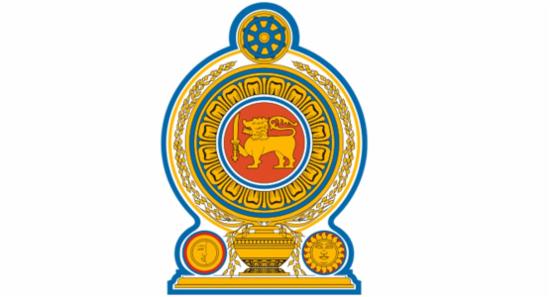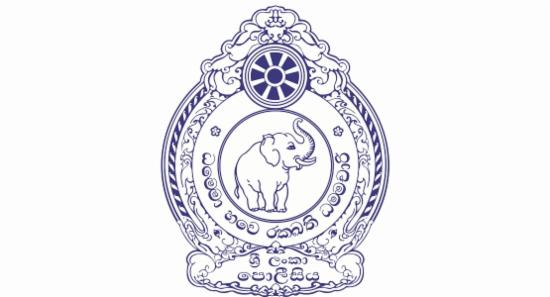.webp)
EU Election Observation Mission Begins in Sri Lanka
COLOMBO (News 1st); The European Union Election Observation Mission (EU EOM) to Sri Lanka’s presidential election deployed 26 long-term observers (LTOs) to all nine provinces of Sri Lanka.
“The long-term observers are a vital element of our mission. Their observations and insights will form the foundation of our impartial and fact-based evaluation of the electoral process,” said the Chief Observer, Nacho Sánchez Amor, a Member of the European Parliament.
The EU will employ its robust and well-established methodology of long-term, nation-wide observation, providing a balanced and thorough analysis of the electoral process.
Observers have been deployed in multinational teams of two to all nine provinces of Sri Lanka, where they will meet voters, election officials, politicians and civil society not only in cities, but also in small towns and in villages.
Long-term observers will closely follow key aspects of the election at regional level.
Those include, work of local election administration, preparations of election day, campaign activities, as well as activities by civil society organisations and media in relation to the election. Their observation will be supporting the analysis of the core team experts of EU EOM based in Colombo.
The observers are drawn from EU Member States and partner countries. Prior to deployment have received extensive briefings on election administration, the political environment, the legal framework, and the media and social landscapes in Sri Lanka.
This mission was deployed following an invitation from the Election Commission of Sri Lanka. The EU EOM is led by Chief Observer Mr. Nacho Sánchez Amor, who will officially launch the mission at the press conference on 30 August, in Colombo.
As election day approaches, the mission will be further strengthened with 32 short-term observers and observers from the diplomatic missions of the EU Member States, as well as partner countries, all of whom will observe the voting, counting, and tabulation of results.
The EU EOM will present its preliminary findings in a statement at a press conference two days after election day. A final report offering recommendations for future electoral processes will be published and presented to the authorities after the completion of the entire election process.
The EU EOM is bound by a code of conduct, which requires strict neutrality and non-interference. It undertakes its work in accordance with the Declaration of Principles for International Election Observation, endorsed under UN auspices in 2005.
Other Articles
Featured News





.png )









-776750_550x300.jpg)











.webp)






